Ideas for Topics and Initiatives
Here follows advice and recommendations for you who are working in the tourism industry or in a tourism related business and wants to develop wellbeing tourism.
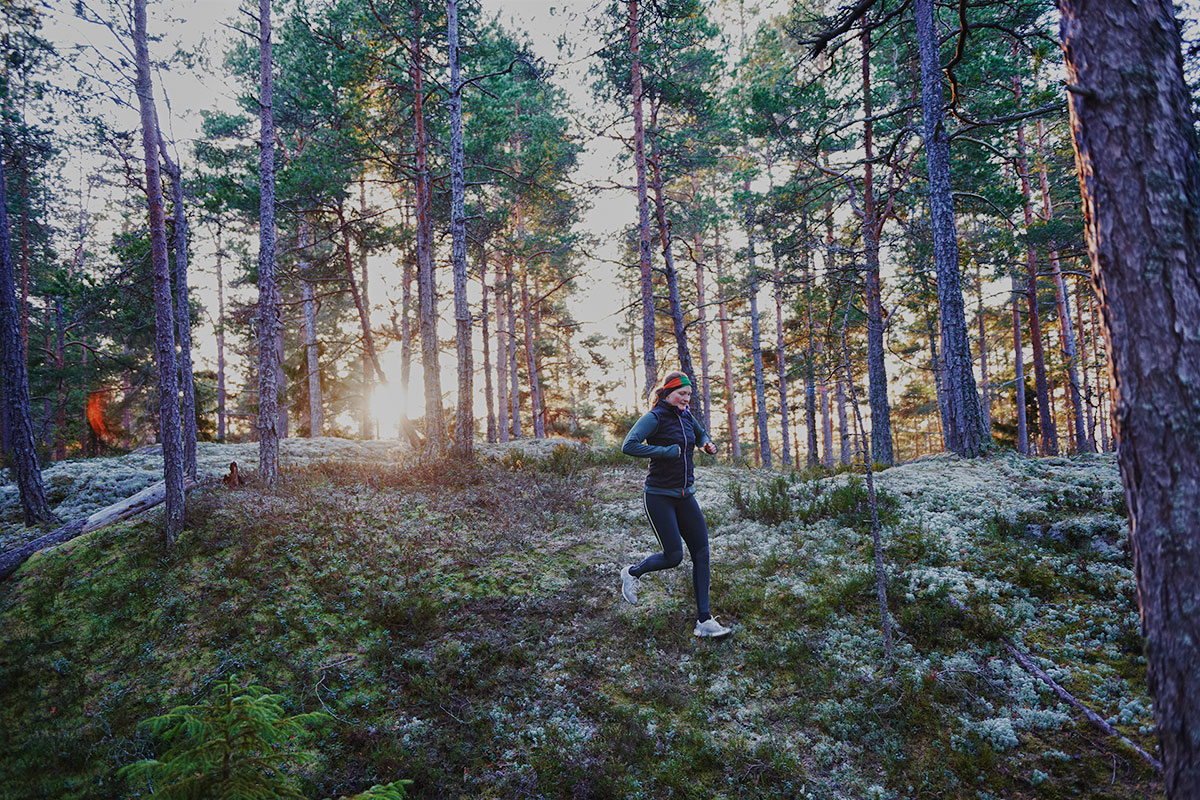
Learn more!
Download the pdf “How to Develop Wellbeing Tourism” to learn more and receive tips on how to become a Wellbeing host.

Careful Use of Nature and Resources
Protecting nature
A balanced nature is fundamental for everything living. If we all actively protect nature, it will continuously supply us with many important ecosystem services such as drinking water, fertile soil for food production, good health, and pleasurable experiences.
To contribute, inform and help visitors understand the connections in nature. When you inform your guest about places of interest educate them about sensitive environments, protected plants, and animals, and how to behave in the nature in the best way. By arousing interest in the nearby natural and cultural environments, the guest also gets a richer experience and an increased awareness to bring home.
Materials
Through your conscious choice of materials and products you can make a significant impact. You can choose local materials and products and thus minimize transport and CO2(g) footprint; you can choose natural and healthy materials to minimize the risk of exposing your guests and employees to hazardous substances; you can choose materials and products that are produced under proper and healthy working conditions. When appropriate, find and reuse materials and products on the secondary market.
It can be challenging to keep track of all supply levels and what the content lists of products really mean. A good solution for this is to choose materials that are certified to be environmentally and socially sustainable.
Reducing waste
Almost everything you do or produce generates waste. Look into how you can optimize the use of resources, thus consuming as little as possible and making the most of it. By optimizing your purchases, you probably reduce your need of buying new items, and therefore you minimize future waste.
Start up a conversation with your suppliers about packaging. Items you purchase are often delivered to you in single use, non-recyclable packaging. Avoid buying unnecessary disposables items such as plastic cups and paper plates.
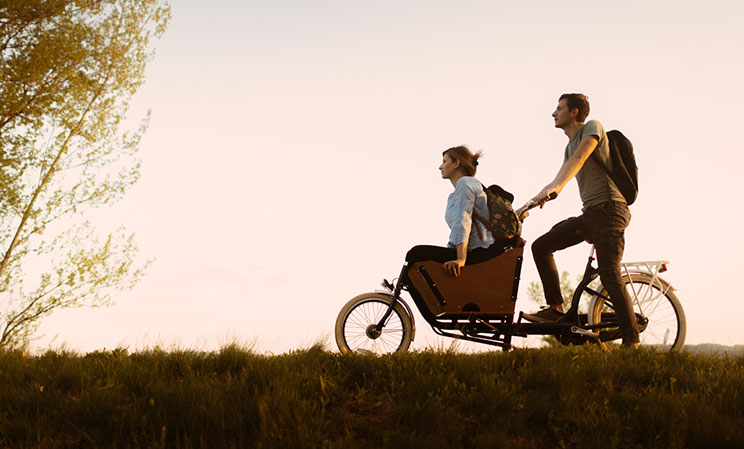
Clean Transport
Means of travel
The travel industry strongly affects the climate. The greenhouse gas emissions from the travel industry are largely due to flying as aviation accounts for up to 75% of the total emissions. Aviation is the most polluting form of transport per pasenger-kilometre and fossil-fueled vehicles come second. The more people in each vehicle the lesser the environmental impact per person. In general, traveling by train and coach is the most climate friendly way of travelling, apart from fuel free transportation like biking, of course.
The information about local public transport may influence your guests to rethink their choice of transport. Provide a summary of possibilities as a service to your guests.
Travel at the destination
Your guests are likely to make day excursions. They may go sightseeing, shopping, and visit places of interest. With knowledge and valuable information, you can help your guests to make their travel at your destination as sustainable as possible: lend out bikes, inform about public transport, provide electric cars or charging stations. Promote nearby experiences and thus minimize your guests’ travel.
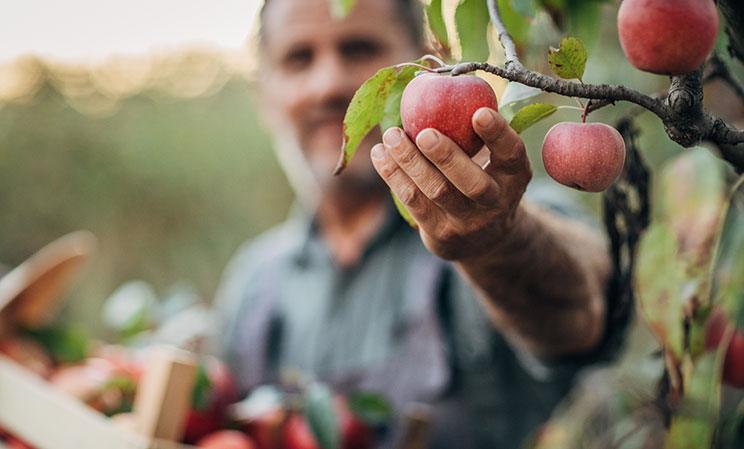
Act Local
Promote local activities and products
After visiting your business, your guests will probably continue their travel to experience more. Help your guests discover nearby points of interest to make them stay longer in your area or even stay longer with you. The turnover per guest within the region will increase, the longer the guest stays. And the more positive experiences a guest has during the stay, the more likely it is that they will return or recommend the destination to others. Creating a network with your neighbouring companies and promoting each other is likely to be beneficial for your business as well as the surrounding community.
Be an ambassador for your area
Appreciate where you live and what you do – and show it. Focus on what is positive and tell others about it and you will make your guests enthusiastic about it as well. By acting as an ambassador for your area you will inspire others to engage in the community. Praise them for their contributions and congratulate them on their success. Create products and services that you and your community can be proud of. When you establish an authentic, high quality product, you add to the attractiveness of your region.
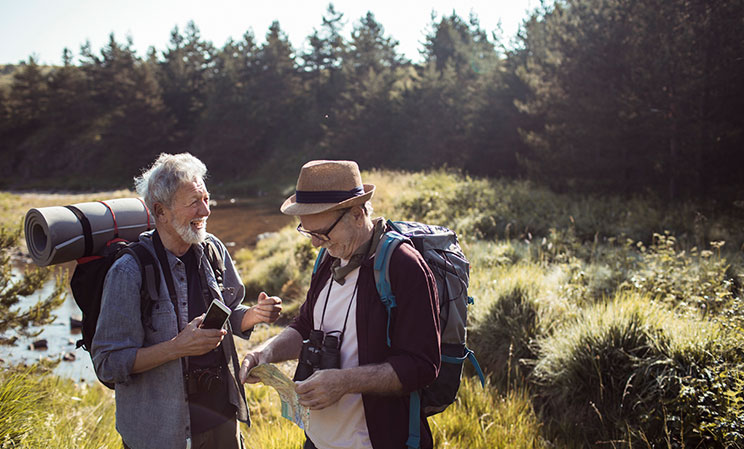
Equality
Wellbeing culture – Employer wellbeing
Employer wellbeing begins with your own attitude and commitment, but it is together with your employees that you form the social wellbeing culture in your organization. The prerequisite for creating a sustainable workplace is based on following the national governmental labour protection act. This implies providing a safe work environment, employ qualified staff, and offer fair wages that are independent of gender and ethnicity.

As a united team you work with a sense of mutual respect with the intention to do good. It may support to keep an intention to follow the Wellbeing Hosting Values: awareness, honesty, kindness, caring and joy. You as the employer ensure you are inclusive and transparent and that you make your staff feel seen and heard. A high level of wellbeing for the employees positively affects their health, creativity, and productivity. It also increases their potential to create positive relationships with others, cope with everyday life challenges, and that they stay and become good ambassadors for your business as well as for the region.
Social responsibility
The first step towards social responsibility is to be aware of the fact, that your behaviour has an impact on people and society – both on the small scale and globally. You can decide to make a positive impact and inspire others to follow your examples. Have a global approach to your social responsibilities and consider the consequences for the world around you of the choices you make. Integrate it into your business strategy and practice it in all your actions and interactions. In this way you can contribute to balance between economic growth, social wellbeing and the environment.
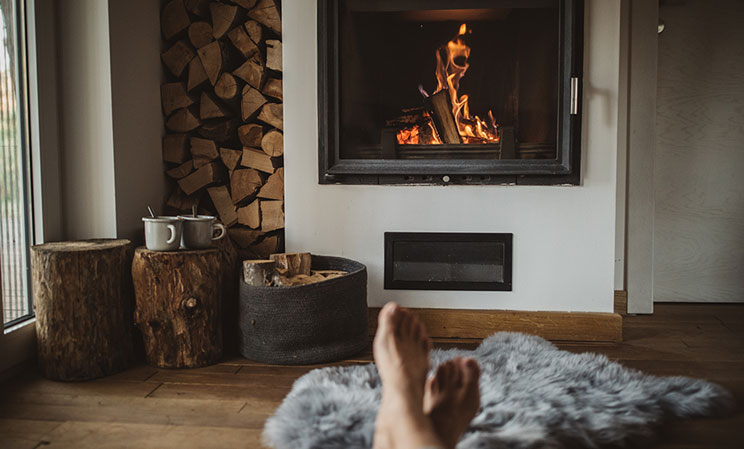
Indoor Environment
Design and furnishing
Good design can offer wellbeing by being ergonomically correct, beautiful, easy to use and clean. Thoughtful design and choice of materials can increase comfort, pleasure, and efficiency for employees and guests.
Although our lives largely have been moved to indoor environments, our need to be in contact with nature has not disappeared. Getting a sense of nature is a biological need for us humans. Bring the nature indoor. Creating lush indoor environments and taking people closer to nature increases both physical and mental wellbeing.
Atmosphere
Atmosphere is what is created from the interaction between a person and the surroundings such as a room. You can use a variety of elements at your venue to enhance the desired atmosphere. In this way you can improve the state of mind of your guests and nourish their soul. Pleasant lighting, for instance, can contribute to a welcoming, friendly, relaxed atmosphere. Adequate daylight adds to a healthy environment. Colours are known to stimulate an emotional response. Blue shades, for example, enhance feelings of peace and serenity. Sound and acoustics are also important factors for a space to feel comfortable.
Following the above, people contribute to the atmosphere of a space. Consequently, it is important to consider what you and your staff exude to the atmosphere of your office, business or venue. Are you emitting positive thoughts and feelings – such as joy, friendliness, and curiosity?

Health
Physical movement
Physical activity and exercise have both immediate and long-term health benefits. Most importantly, regular activity can improve your quality of life. On a long term it improves your overall health and immune defence, and reduce the risk of disease.
Make physical activity easily accessible and inspire your guests and colleagues to move their bodies. Suggest walking routes, rent out bikes, offer yoga mats, or put on dance music. You will get more happy guests – and they will likely sleep better at night.
Access to nature
Being in nature is soothing for body, mind, and soul. Being in nature, or even viewing scenes of nature, reduces anger and stress while inducing positive feelings and promoting positive behaviour like kindness and generosity. Being in nature makes you feel better emotionally, and it contributes to your physical wellbeing – reducing blood pressure, heart rate, muscle tension, and stress hormones. It can also make you feel that you are a part of something larger and get a sense of meaning in life.
Provide information on how to access the nature in your area. Suggest walking routes, specific places, and viewpoints. In a city, have plants and flowers for people to enjoy and let people know where to find the nearest park.










